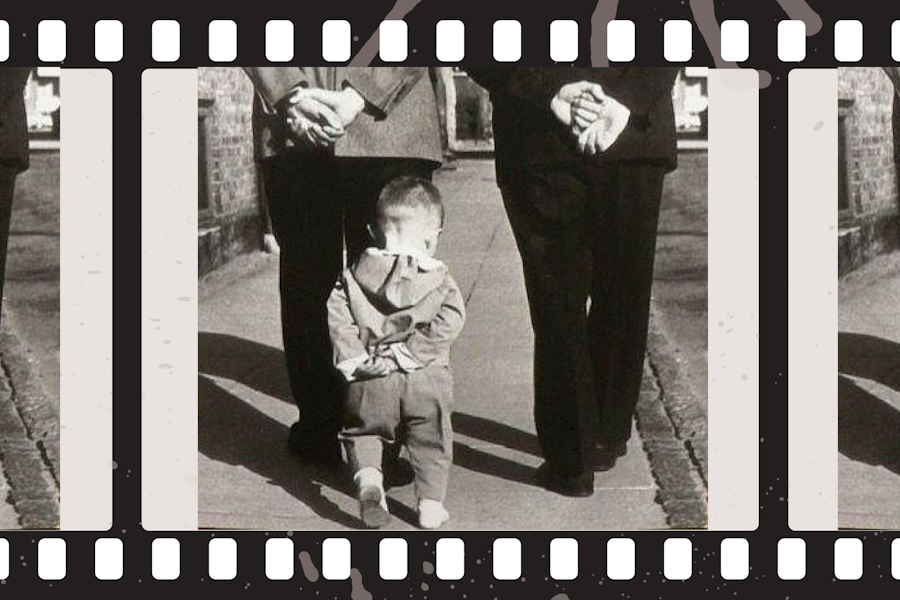Last week I shared with you the experience of students at Eastern University as they engaged in a seven-week media fast. You might recall that many participants said that the fast had been deeply painful, but also redemptive and restorative. Students’ hunger for God deepened as other, lesser hungers were reined in.
The experience of these Eastern students as they fasted is by no means exceptional. The challenge of disciplined spiritual living very frequently draws us closer to God precisely by unveiling to us the truth about ourselves — a truth that, painful as it can be, we need to face honestly if we are to enter into the knowledge of God.
Too often we can move unthinkingly through our more-or-less comfortable lives in a state of vast self-deception. A sizable body of empirical research demonstrates the deep resistance humans have toward facing unpleasant truths about themselves, truths regarding everything from practical failure at some simple assigned task to profound moral transgression. We very commonly lie to ourselves and to others about the true state of affairs in our lives. We imagine ourselves to be generous, yet as Richard Foster has noted, rarely give anything away. We think we are fairly pure in our thinking despite being addicted to a weekly jaunt through the Web’s darkest corridors. We thoughtlessly attack someone’s character one minute, and the next minute we are humming a praise chorus or sitting in a worship service — or even writing a paragraph on the mystery of God! Quite a state of affairs. Where would we be without the grace of God?
To admit the truth about ourselves is always a difficult and harrowing experience. Yet if we persist in lying to ourselves and to others and even to God about our own character, as it has shown through our habitual patterns of thinking and behavior, our spiritual growth and ultimately our knowledge of God cannot but be stunted.
Our dispositions and behaviors, our habituated affections and thoughts and actions, profoundly affect what we can “see,” understand, and discern about the knowledge of God and our ability to think well theologically. The very worst, most destructive theology is produced by those who desire to write about God without allowing themselves to be changed by God. What to do?
Let me suggest that a first step in the right direction is to foster the conscious imitation of praiseworthy models. Think with me of life in the ancient world. The relation between teacher and students, or between master and disciple, was considered precious. Entering into healthy, life-giving knowledge of the gods or God was closely linked to following the right teacher or teachers. But “following” was a full and rich concept, rooted in part in the classical discipline of intensely purposeful imitation of the teacher. Many Greek students, for example, were instructed to “install [the great Greek orator] Demosthenes in their souls.” How did such “installation” work?
Students would spend years studying and memorizing the works of the one they wanted to follow, perhaps a classical author such as Homer or Virgil. Most educated Greeks had memorized the entire Iliad and Odyssey by the time they were eighteen years old, if not earlier. This memory work took time and effort; it was clearly an ascesis of sorts. Sentences, paragraphs, pages, and entire texts were studied and vocalized, then restudied and revocalized, and then restudied and revocalized again. Gradually, through this disciplined ascesis, the thoughts of Homer settled firmly and lastingly into a student’s memory. The student’s consciousness changed through this intense immersion, as he or she began to see the world through the eyes and mind of the ancient Greek poet. In a manner of speaking, the mind of the student and the mind of the Homer merged.
So much for Homer; what about Christ? We’ll explore this question in my next blog. Have a great week.
This series has been adapted from Steven D. Boyer and Chris Hall’s The Mystery of God: Theology for Knowing the Unknowable. Hungry for more? Please visit Baker Academic for more information.


